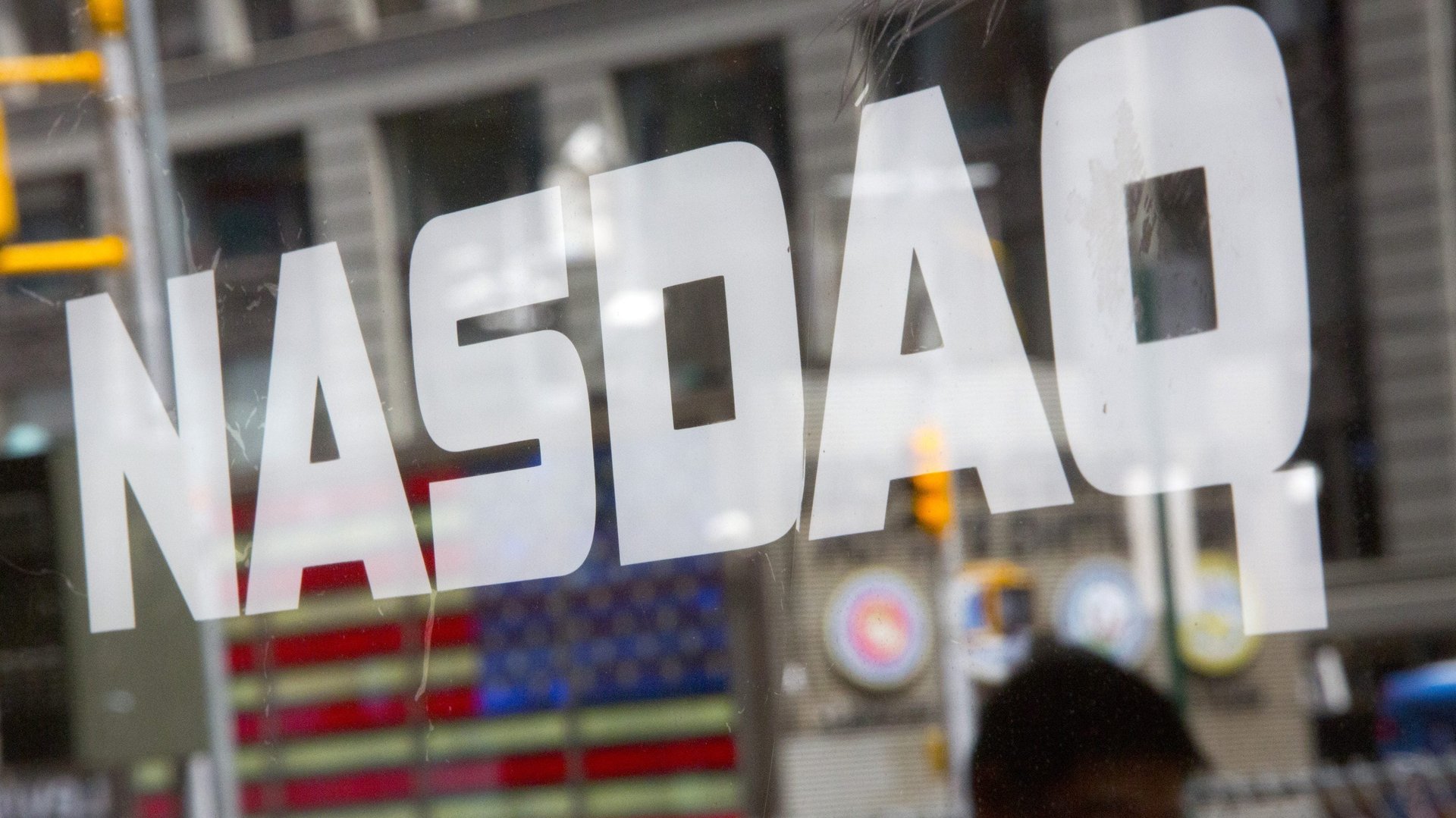Robinhood is getting paid more than its rivals for stock trades
Professional traders appear to think Robinhood customers are extra valuable.


Professional traders appear to think Robinhood customers are extra valuable.
One of the ways retail brokerages, which cater to armchair investors, make money is by sending their customers’ stock orders to professional trading companies. Brokerage app Robinhood charges higher rates for stocks than other large brokers: Trading outfits paid the the brokerage app about 0.0024 cents per share during the first quarter, amounting to more than $30 million of payments, according to Piper Sandler, an investment bank. Charles Schwab was paid 0.0011 cents per share, which came to $25 million of payments for the brokerage.
Stock trading is booming, with millions of of people downloading brokerage apps this year. They’ve likely to been enticed, in part, by a price war between large brokerages that drove trading commissions to zero. As these fees disappear, one of the ways they still make money is through payment for order flow (PFOF). High-frequency trading companies—also known as market makers—buy these stock orders and agree to execute the trades at the best bid and offer available on a stock exchange. (You can read more about PFOF here and here.)
Why do market makers pay more for Robinhood stock orders than for those from TD Ameritrade or E-trade? One reason could be that Robinhood customers have a different profile: the company’s customers may be of another demographic (i.e., younger) than Charles Schwab’s, and those stock orders may be of a different size, concentrated in a different sector, or seen as more or less aggressive than trades coming from other brokers.
“We assume that Robinhood’s ability to charge higher PFOF is potentially reflected in the profitability of their order flow, execution quality of the flow,” Piper Sandler managing director Richard Repetto and analyst Kyle Robinson wrote in a research note. Robinhood also charges for order flow slightly differently (based on spread) than other brokers (a fixed-rate per share), they wrote.
When it comes to options trades, TD Ameritrade charges the highest rate for its customers’ orders. “Clients come to us for options trading because we offer an outstanding experience, with the professional trader tools and education to do so,” a TD Ameritrade spokesperson said.
While prices vary from one brokerage to the next, the brokers themselves typically charge each market maker the same rate. The idea is to reduce conflicts of interest and to try to ensure customers are getting the best trade execution, or cost of brokerage, possible. For example, Robinhood received payments for stock orders from Citadel Securities, Virtu, G1X Execution Services, Wolverine, and Two Sigma in March, according to a regulatory filing; those market makers all paid Robinhood the same rate for handling its customers’ orders.
The surge in retail stock trading has been a surprising bright spot for financial companies during the coronavirus disruption. The payments for their orders show that while commissions have gone out the window, there’s still a lot of money being made on ordinary traders.